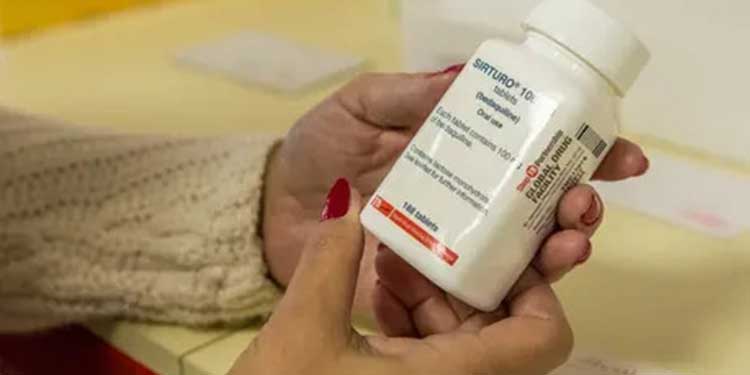
The World Health Organization (WHO) has approved Universal Corporation Limited, a pharmaceutical firm based in Kenya, to make a life-saving medicine against malaria, making it the first manufacturer in Africa to do so.
Sulfadoxine-pyrimethamine plus amodiaquine (Spaq), an antimalarial medication, is commonly used to prevent seasonal malaria in children during months when transmission is at its highest, such as during rainy seasons. In the past, generic copies of medications like Spaq were imported from China and India to meet the demand for the medication in Africa.
“This WHO pre-qualification is a significant step toward reducing the over-reliance on imported drugs and strengthening Africa’s self-sufficiency in providing essential healthcare solutions,” stated Perviz Dhanani, Managing director of Universal Corporation Limited.
Of the hundreds of pharmaceutical companies in Africa, just six are WHO “prequalified,” and over 70% of the pharmaceuticals used in the continent are imported.
A few of the obstacles to high-quality local medication production are exorbitant operating expenses, insufficient technological know-how, a dearth of funding for the pharmaceutical sector and problems with drug quality and regulation.
The WHO’s approval, which certifies that a business’s production procedures and quality assurance adhere to global norms, can facilitate pharmaceutical businesses’ entry into new markets and draw in the largest purchasers of these medications, particularly significant donor-driven organizations.
Africa’s vulnerabilities were revealed by vaccine protectionism and distribution disruptions during the Covid epidemic, which made it imperative for the continent to increase its domestic production capability. Experts on malaria have emphasized that “a drug that’s closer to market” is necessary, as over 95% of malaria infections and fatalities worldwide occur in Africa.
MMV and Africa CDC have advocated for the implementation of free trade agreements, such as the African Continental Free Trade Area, by African nations in order to facilitate tariff-free commerce of manufactured pharmaceuticals throughout the continent. Experts state that the reduction of trade barriers has the potential to either make or break manufacturing efforts for African makers of malaria medications, as they must contend with Indian industrial rivals who produce these products on a large scale.
Joy Phumaphi, executive secretary of the African Leaders Malaria Alliance, stated “If governments, procurement agencies and other stakeholders support and prioritise this agenda, millions of children and women living in Africa could be protected from malaria.”
